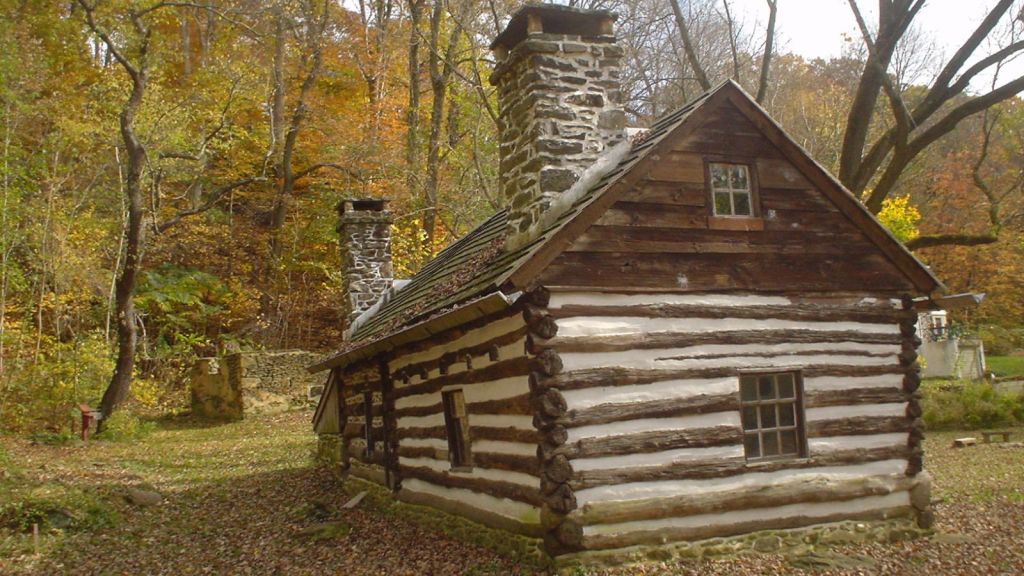“Unveiling the Secrets: 14 Astonishing Facts About the Daring Lives of America’s First Settlers”
Of course, these alliances weren’t simple friendships, they were complex, with tensions and mutual benefits. However, early cooperation played a crucial role in helping colonies take root.
6. Winters Were a Season of Hardship


Settlers faced brutal winters, especially in New England, where the cold could be punishing. Many didn’t make it through their first winter without well-built homes or sufficient food supplies.
Settlers quickly learned that summer was for storing up food and wood. For those who survived, winter became a season of resourcefulness and enduring whatever the elements threw at them.
7. Farming Was a Gamble


Clearing land, tilling by hand, and planting without knowing what would grow was an experiment in survival. And if the harvest was poor? Starvation loomed close by.
Settlers gradually adopted crops from Native Americans, like corn, beans, and squash, which were better suited to the American climate. Still, farming was an all-consuming task that held their survival in its hands.
8. Self-Sufficiency Was a Way of Life


Need a chair? Build it. Worn out shoes? Make them or go barefoot. Settlers were DIY masters before it was trendy, crafting everything they needed from scratch.
This wasn’t a lifestyle choice; it was survival. Each family member learned skills from carpentry to sewing, building lives with whatever they could make or trade.













